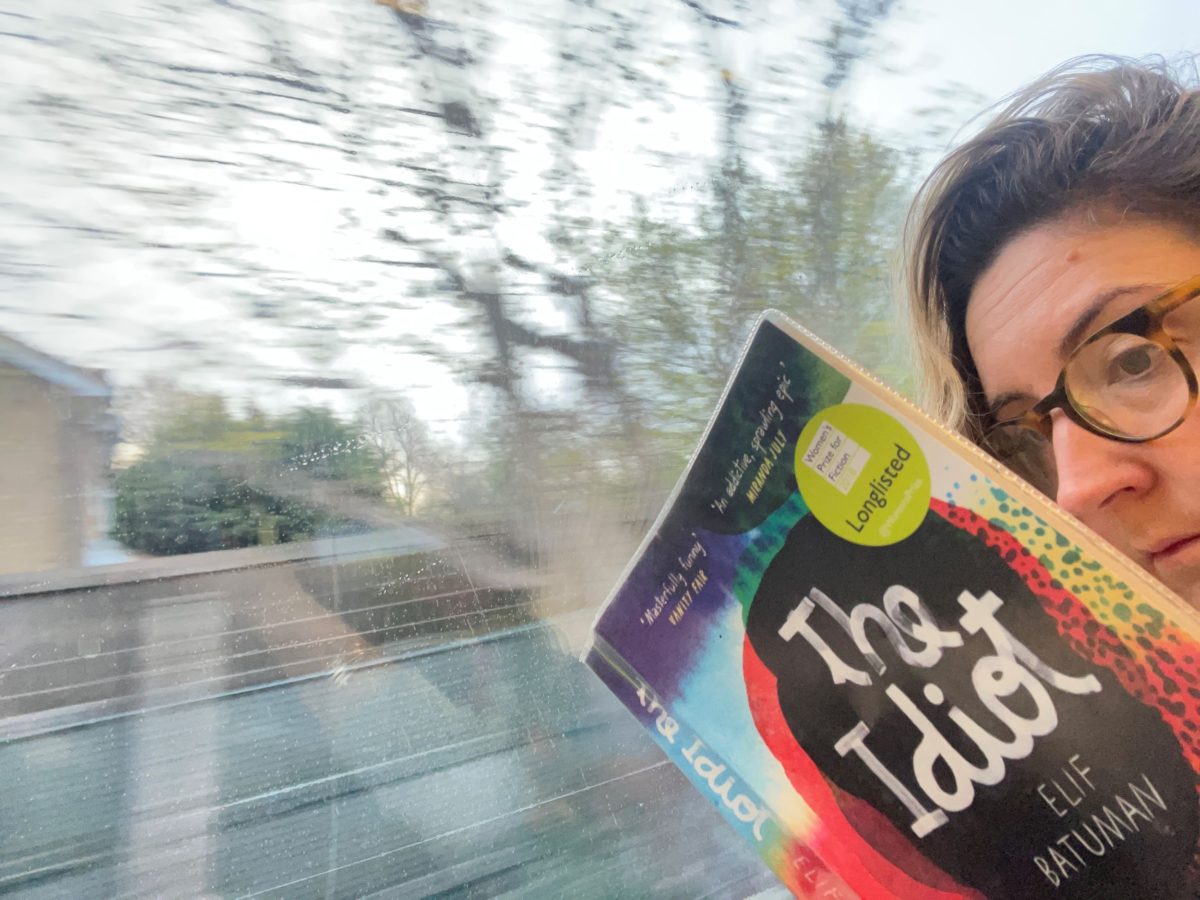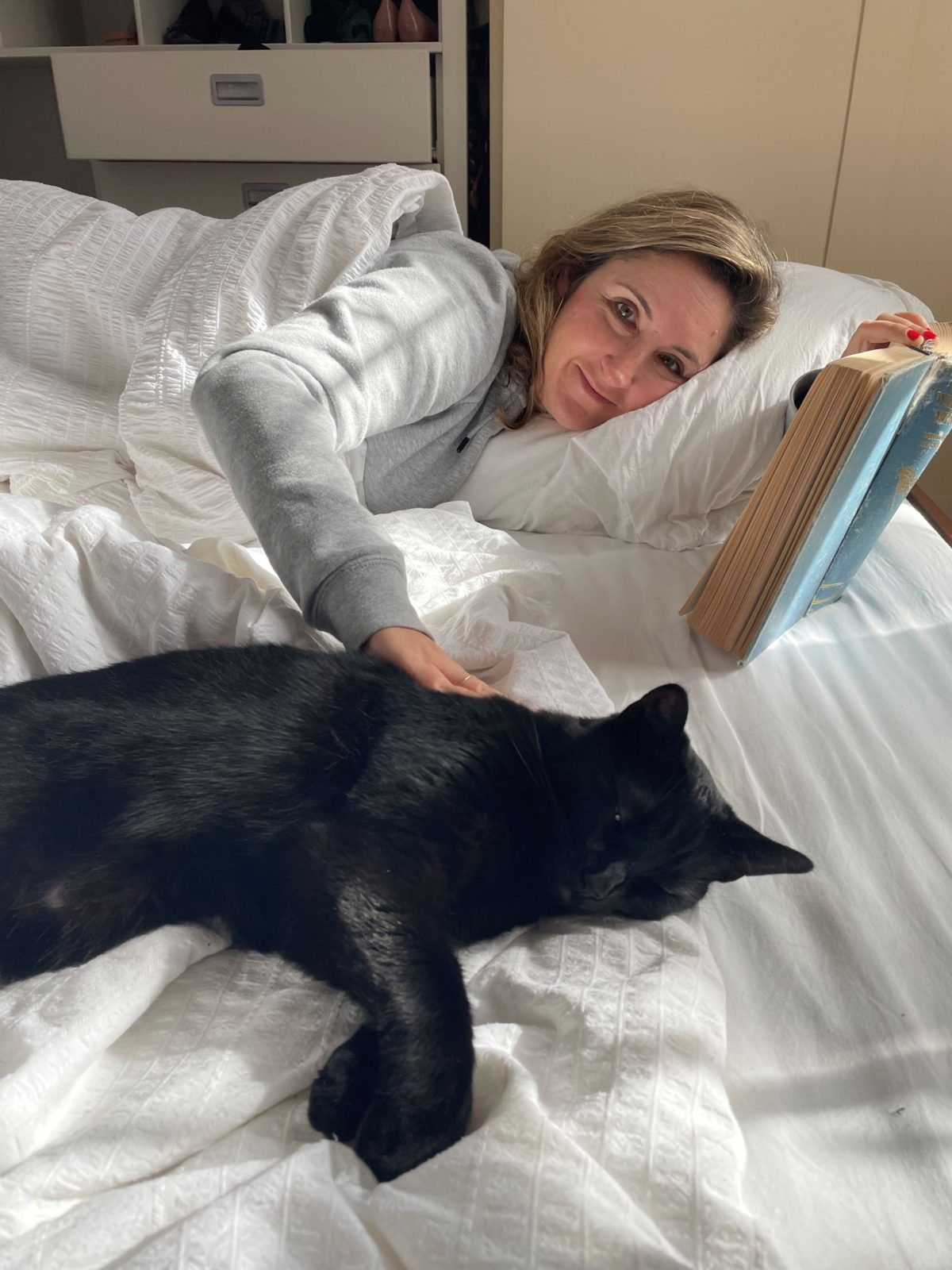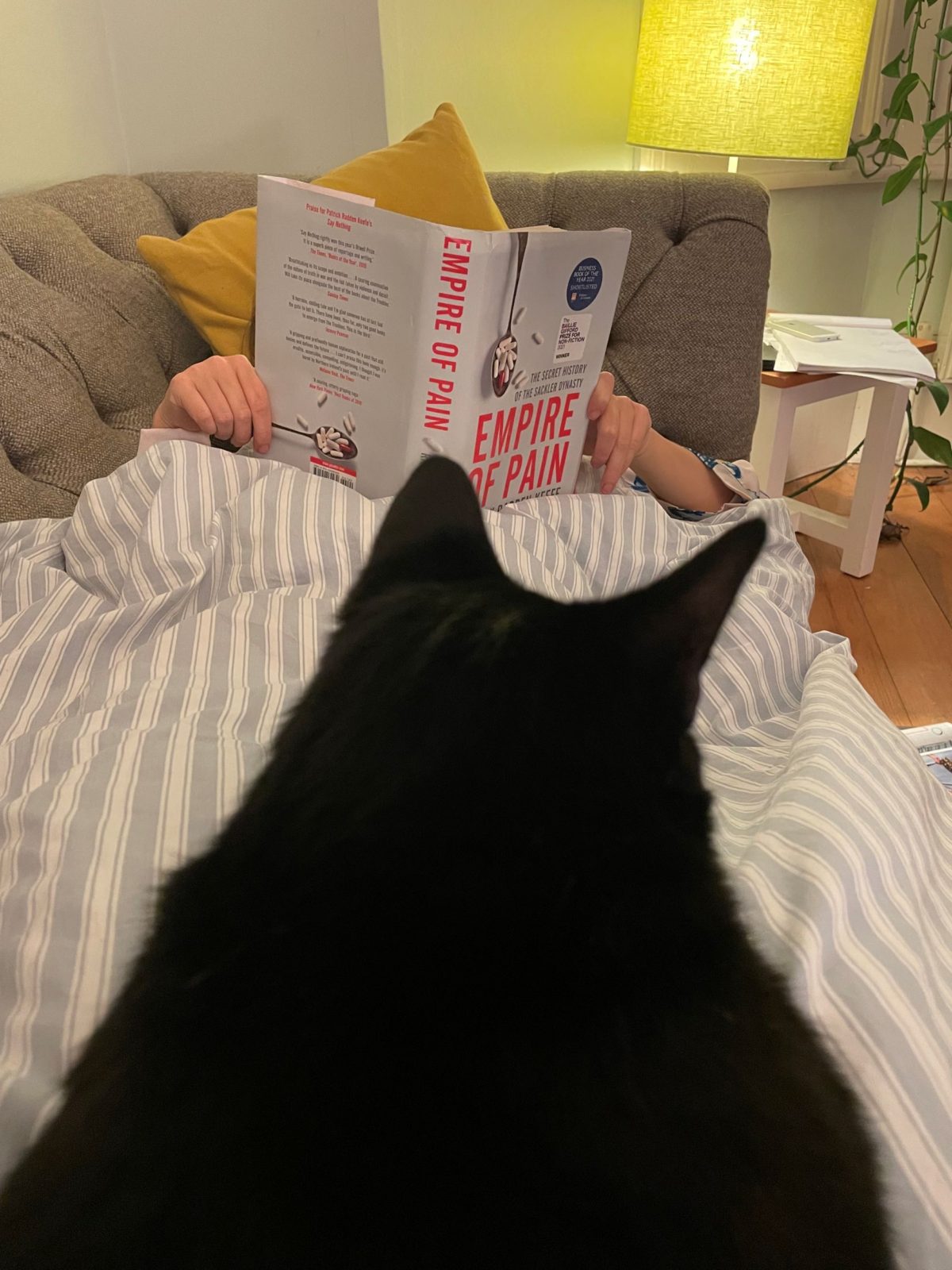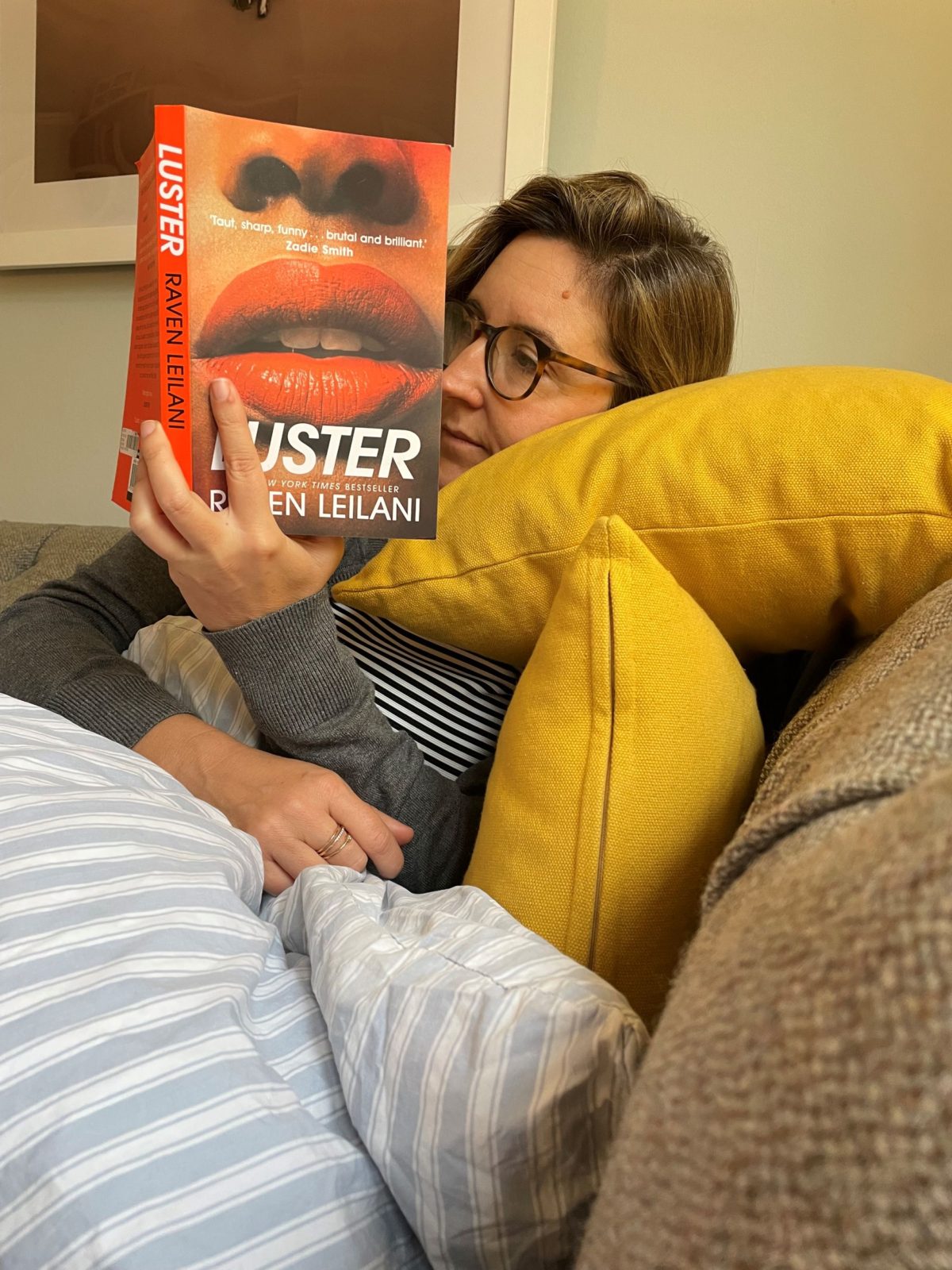In this book, a girl at university gets all het up about the philosophy of language, about whether words have meaning, and if so if we can ever understand them. Of course it all boils down to some guy.
She meets this guy in Russian class, and he begins to write her terribly clever emails. She replies with terribly clever emails. It is all very intellectual but also very boring, just like it always is to be up close with someone’s crush.
The things kept accumulating – the stars, the atoms, the pigs, and the cereal. It was decreasingly possible to imagine explaining it all to anyone. Whoever it was would jump out of a window from boredom. And yet here I was, watching the accumulation in real time, and not only was I not bored, but it was all I could think about.
Eventually it emerges that he for real has a girlfriend, but somehow all this suffering carries on, and this is when she starts to have problems with the structure of reality and what it all means. The solution is offered to her on a plate, by the crush. Here he is, talking to her:
“My friend Imre said I was behaving really badly towards you. He said I was – what was it, it was a funny expression. Leading you on. He said I was leading you on.”
It felt like being hit again, this time in the stomach.
.. . .”I tried to explain to Imre that it’s not like that, but was really dismissive. He said I was starting to sound banal, and like a real asshole.”
Like seriously what is up with this girl? Words do have meaning, and here he is explaining everything pretty clear. No need to worry about the structure of the universe, this guy just an asshole.
Sidebar, the epigraph of this book is Proust on adolescence. I’ll just end by quoting it at length because it is so fantastic:
But the characteristic feature of the ridiculous age I was going through – awkward but by no means infertile – is that we do not consult our intelligence and that the most trivial attributes of other people seem to us to form an inseparable part of their personality. In a world thronged with monsters and gods, we know little peace of mind. There is hardly a single action we perform in that phase which we would not give anything, in later life, to be able to annul. Whereas what we ought to regret is that we no longer possess the spontaneity which made us perform them. In later life we look at things in a more practical way, in full conformity with the rest of society, but adolescence is the only period in which we learn anything.










